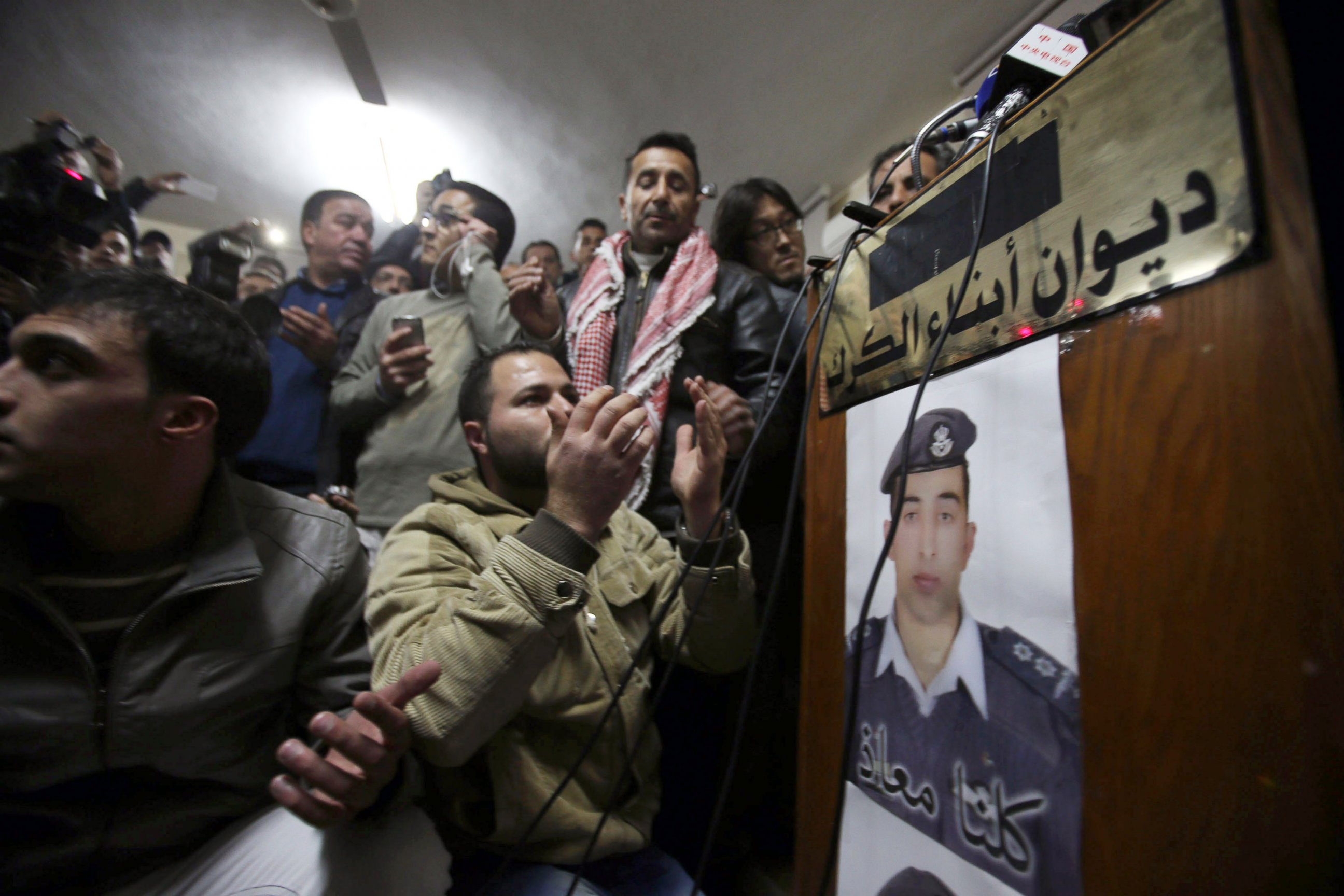Why ISIS' Deadly Attacks Could Backfire
As ISIS attacks spread, the list of countries willing to fight them grows.
— -- Egyptian warplanes bombed ISIS positions in Libya early today, a day after the militant group posted a video online showing the apparent beheading of 21 Egyptian Coptic Christian hostages.
The beheadings in Libya are the most recent strikes carried out by ISIS in countries once thought to be beyond their reach. But many have begun to wonder whether ISIS’ tactics will backfire: As their willingness to attack countries beyond their traditional territory grows, so too does the list of countries willing to confront the militant group.
"It’s clear that it is backfiring," Matt Olsen, former Director of National Counter Terrorism Center who is now a contributor for ABC News, said, "as we see more countries taking more aggressive tactics against ISIS.”
Egyptian President Abdel Fatah al-Sisi, who seized power in a 2013 military coup, vowed to “avenge the criminal killings” on Egyptian State TV Sunday night.
Hours later, a spokesman for the Egyptian Armed Forces Command released a statement claiming they had struck four ISIS positions in the eastern city of Derna, killing about 50 militants, marking the first time Egypt had taken direct military involvement in Libya, a country still struggling to overcome a power vacuum brought on by the NATO backed overthrow of Muammar Gaddafi.
“Let those far and near know that Egyptians have a shield that protects them,” the statement said.
With the airstrikes carried out today, Egypt added its name to the growing list of countries willing to confront the militant group that now controls swaths of Iraq and Syria. The Egyptian response closely tracks that of other countries that have been targeted by ISIS. On Feb. 3, Jordan vowed revenge for the brutal killing of Jordanian pilot Moath al-Kasasbeh, and launched its own air campaign against the militants.

Officials in Yemen have begun contemplating a response to ISIS’ growing efforts to recruit militants in their country. The United States, which began its air campaign against ISIS in September 2014, listed 63 countries in its coalition to fight ISIS, although the bar for inclusion is apparently low, with most countries supplying humanitarian aid or promising to curtail the flow of foreign fighters to Iraq and Syria.
Australia, Bahrain, Great Britain, France, Germany, Iran (which is not formally listed in the U.S. coalition), Iraqi Kurdistan, Jordan, and the Syrian Government remain the most active countries combating ISIS besides the United States.
Many fear attacks like the one in Libya help spread the ISIS brand of jihad in areas already reeling from upheavals caused by the Arab Spring. More than 20,000 foreigners from more than 90 countries have joined ISIS, according to a testimony by Nicholas Rasmussen, director of the National Counter Terrorism Center.
“The whole point is to draw everyone into the conflict,” J.M. Berger, author of the forthcoming "State of Terror," told ABC News. “They thrive on chaos and see a massive multipolar war as an ideal environment from which to seed the caliphate.”
While Olsen of the National Counter Terrorism Center believes the brutality of ISIS attacks helps galvanize the world against ISIS, he admitted “they may obtain some tactical gains in potentially gaining more recruits.”
Olsen also cautions that air campaigns alone are unlikely to defeat ISIS: “that will require a sustained presence on the ground.”
Concerns over ISIS’ attacking more countries outside their traditional territory have reached as far as Italy. In the video depicting the apparent beheading of 21 Egyptian hostages in Libya, an ISIS militant points northward and says, “We will conquer Rome, by Allah’s permission.”
ABC News' Lee Ferran contributed to this report.




